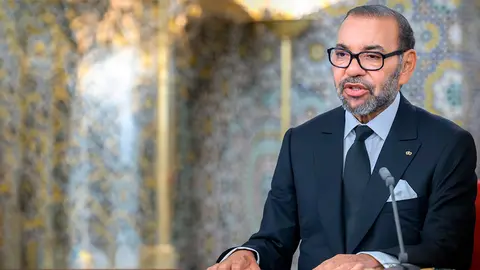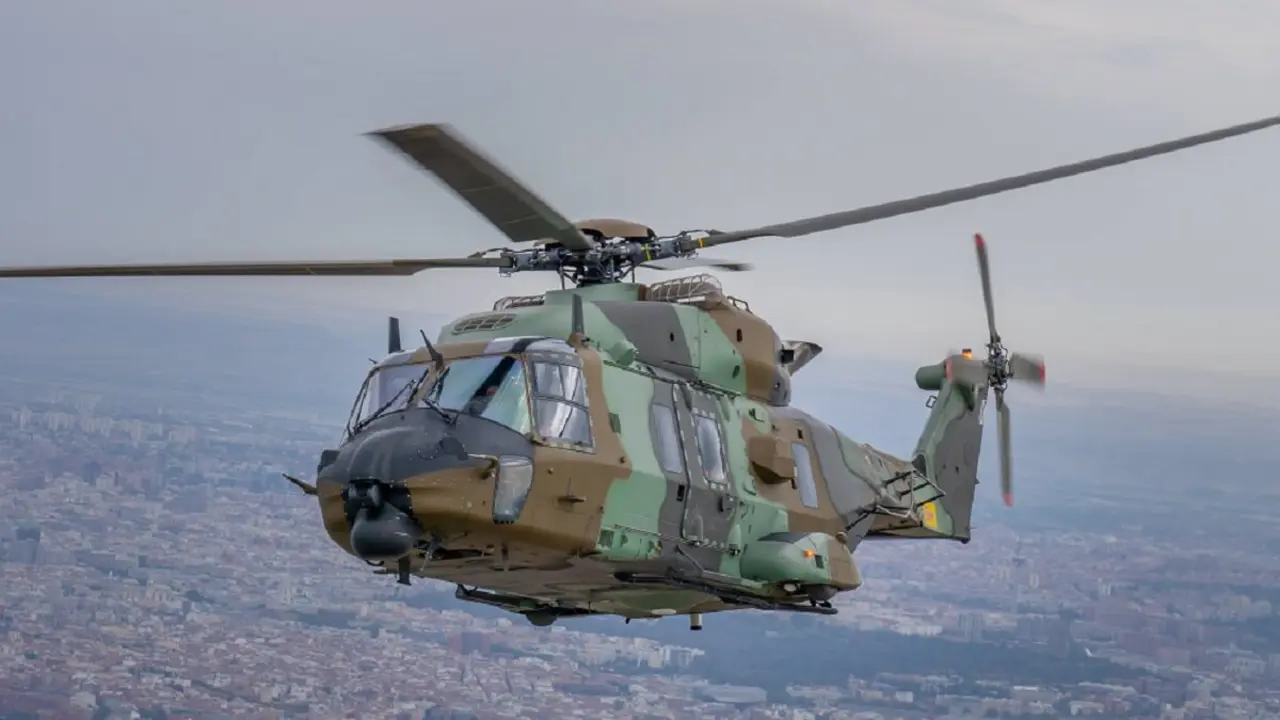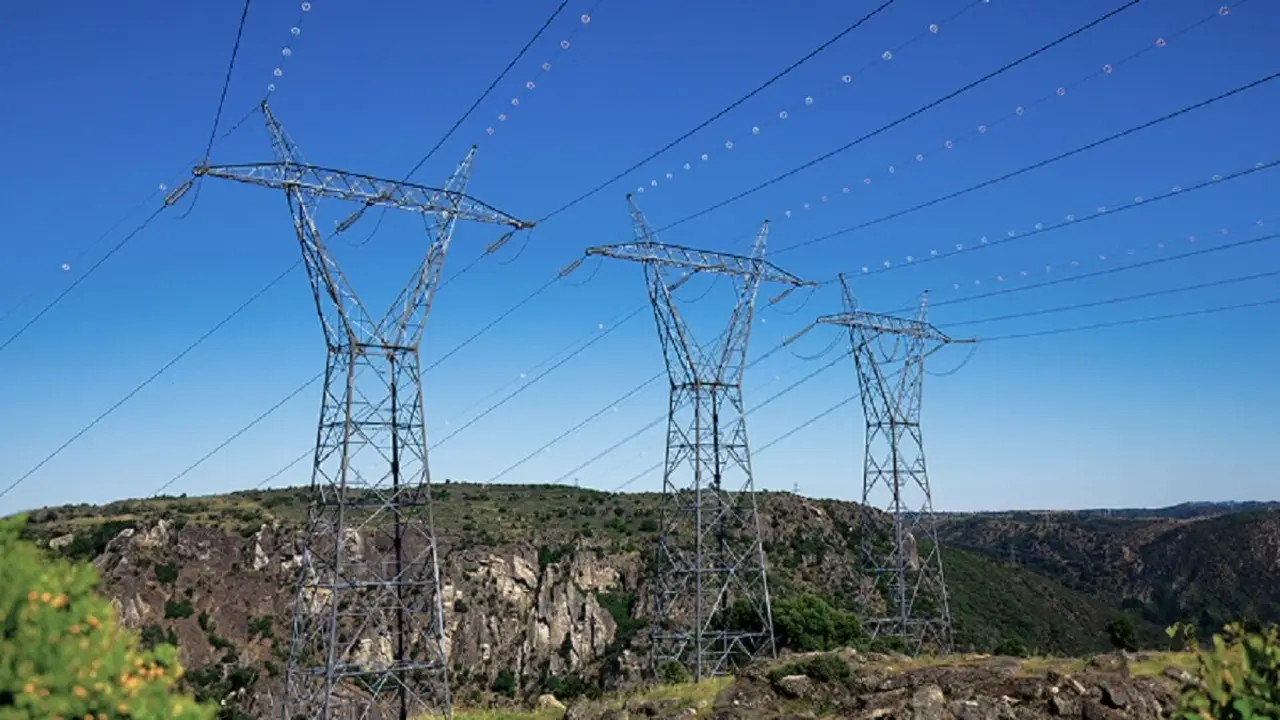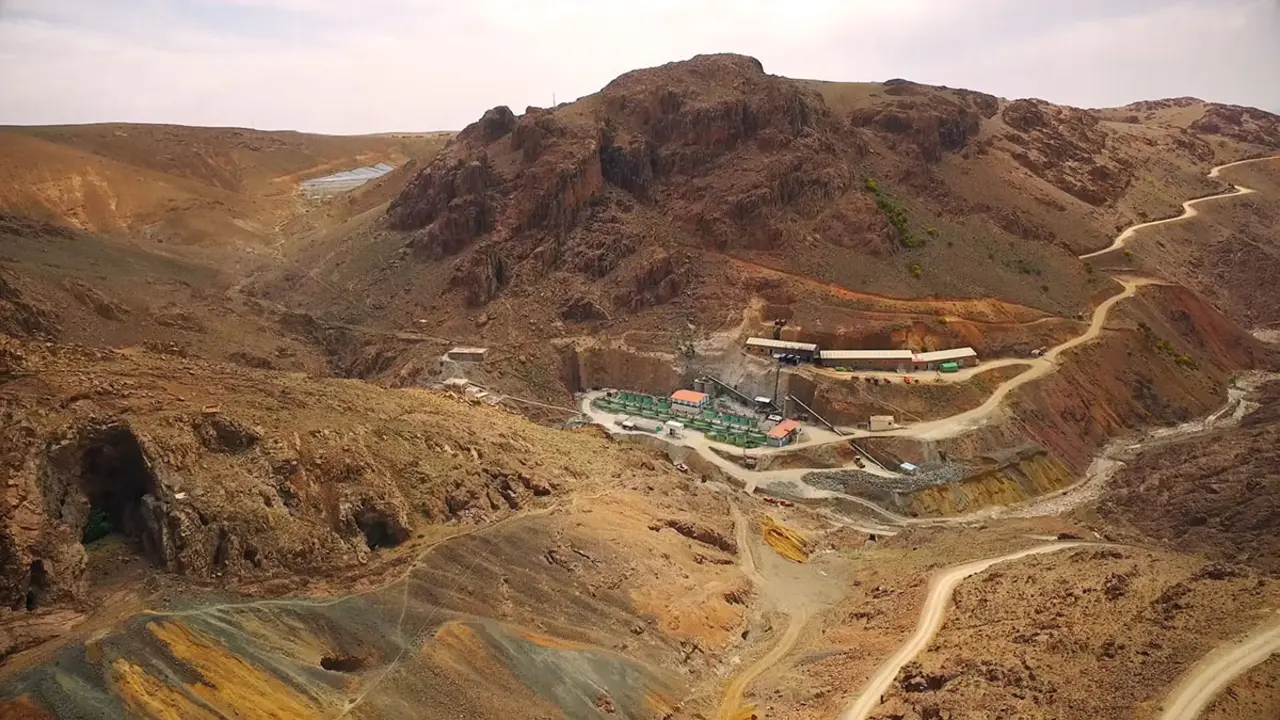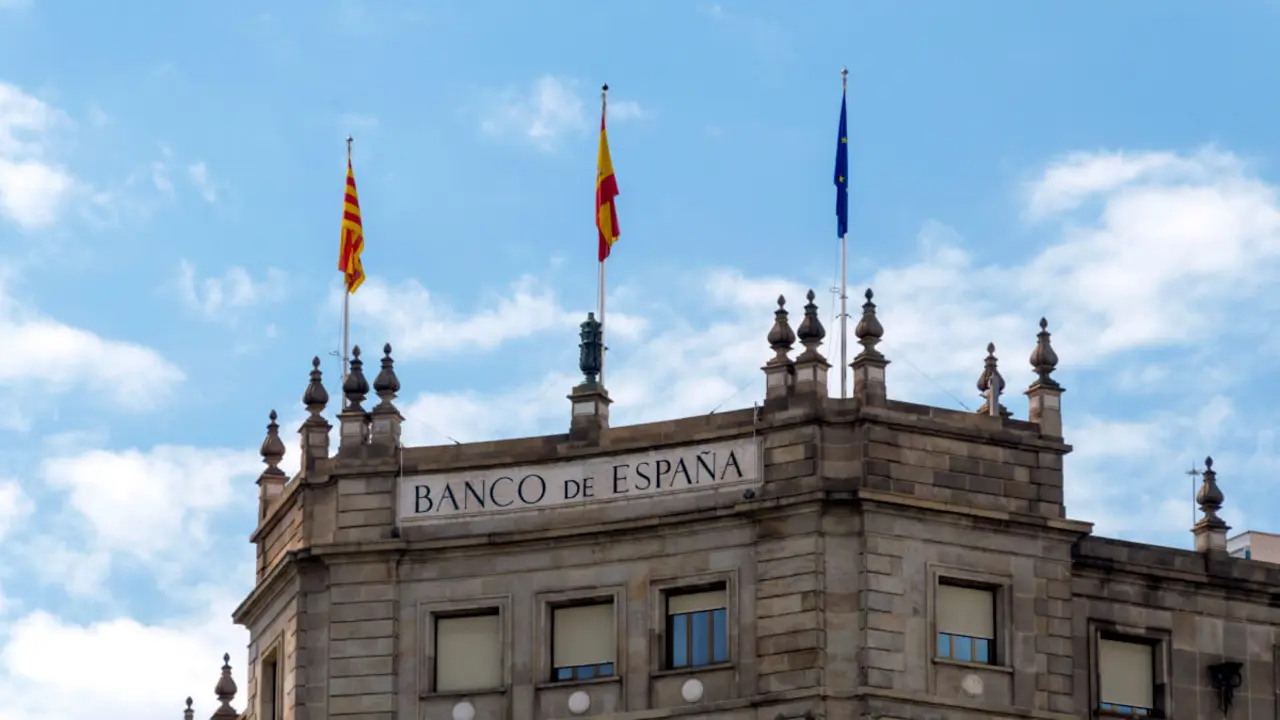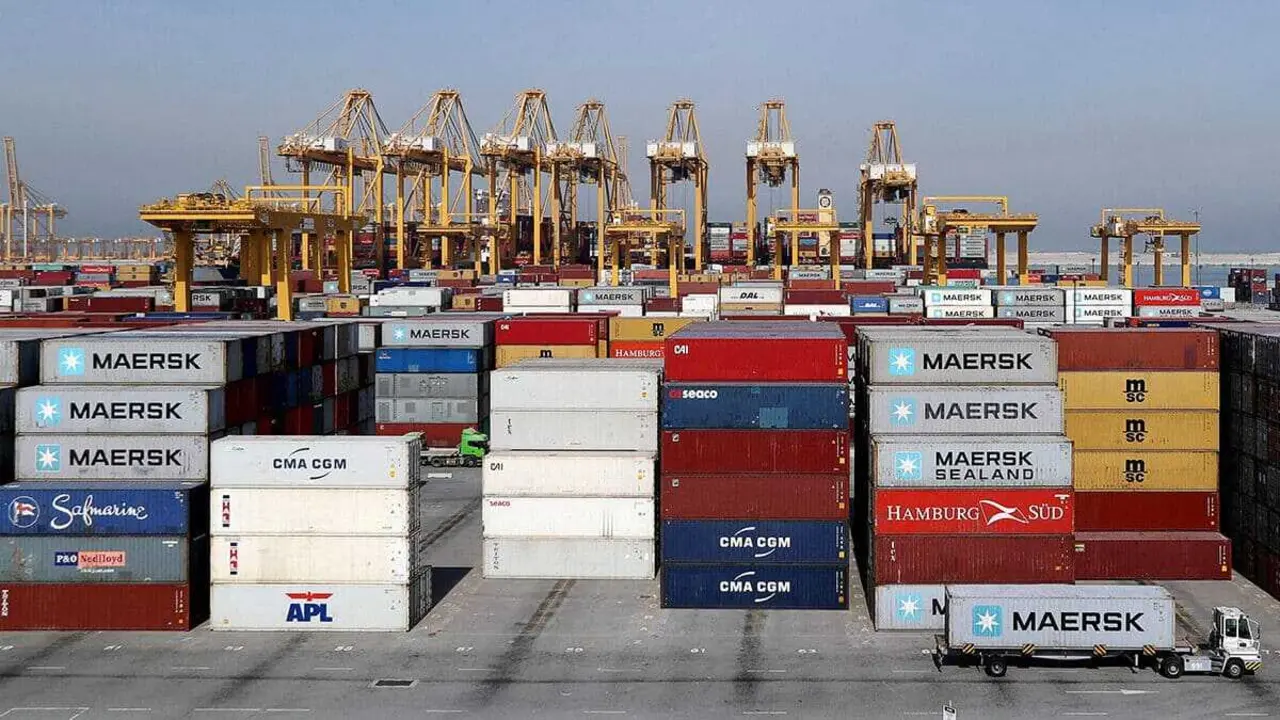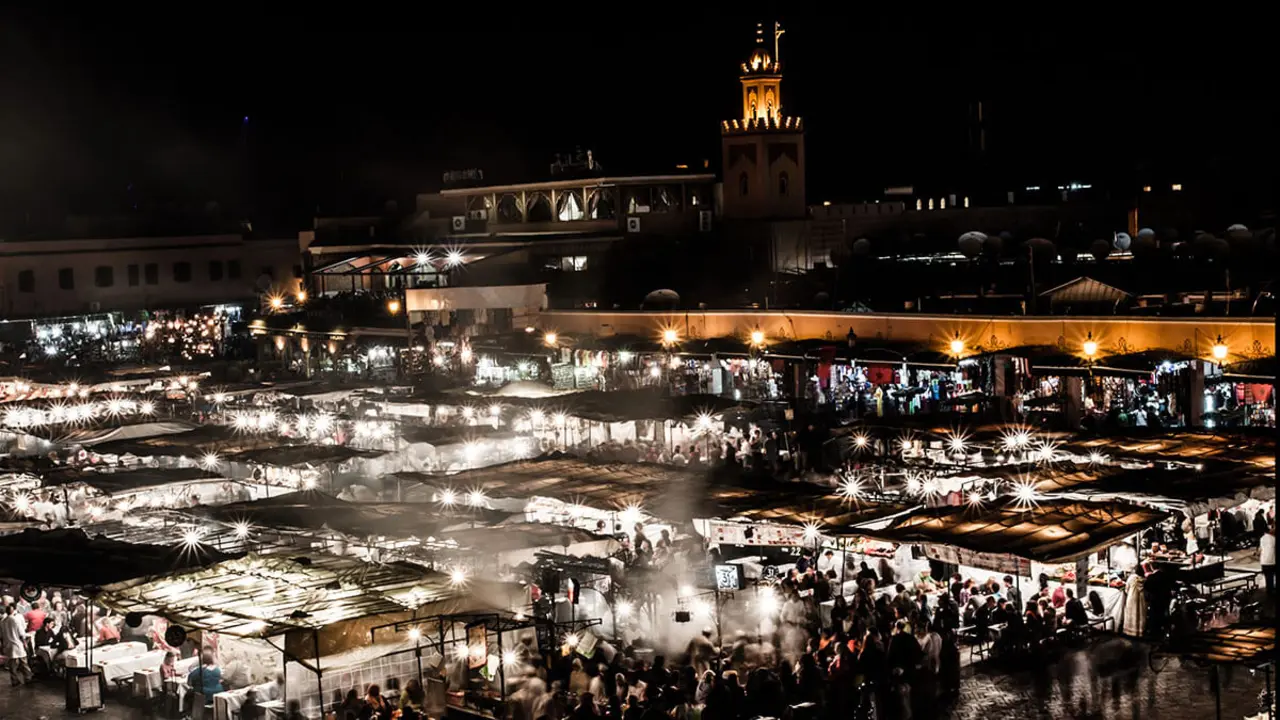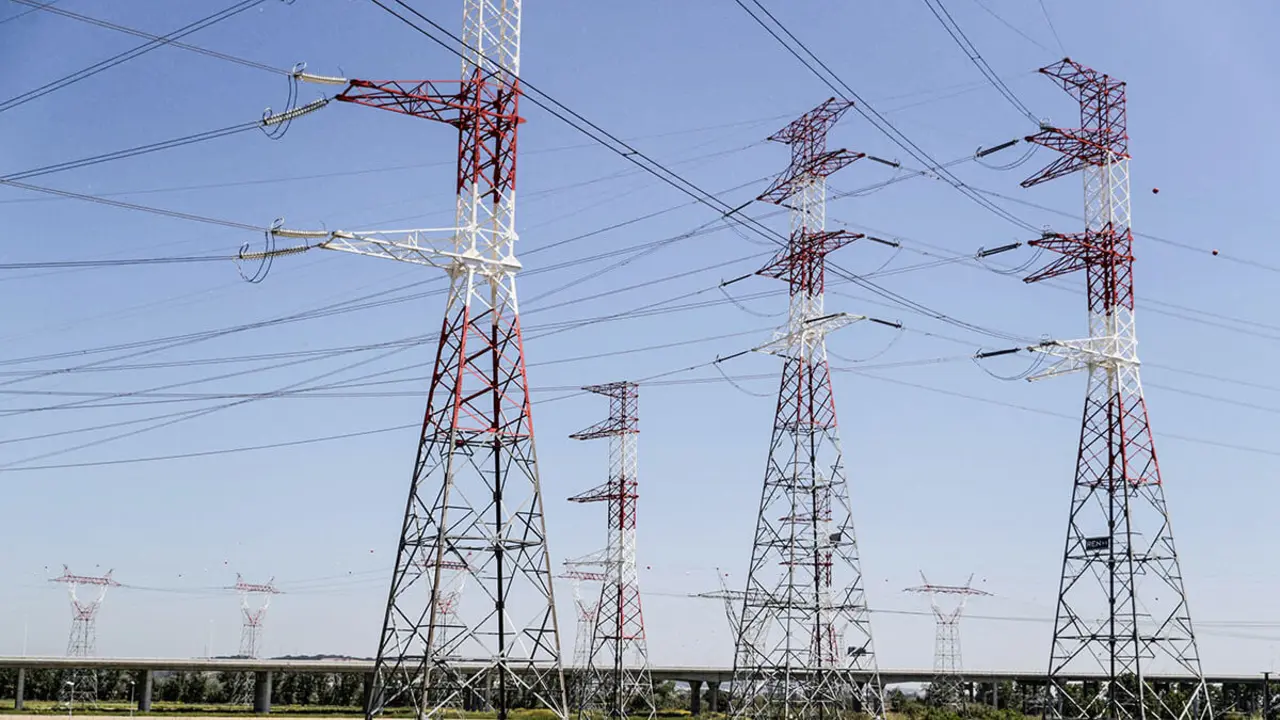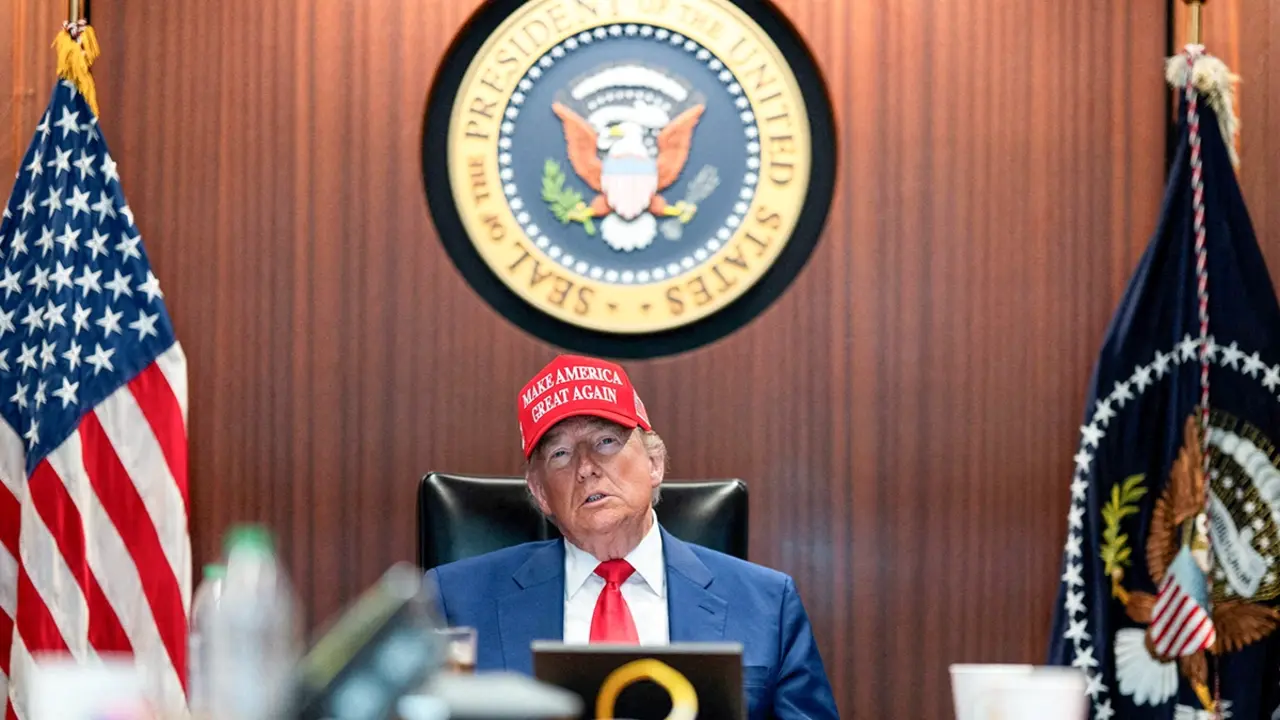Economic diplomacy boosts Morocco's promotion abroad
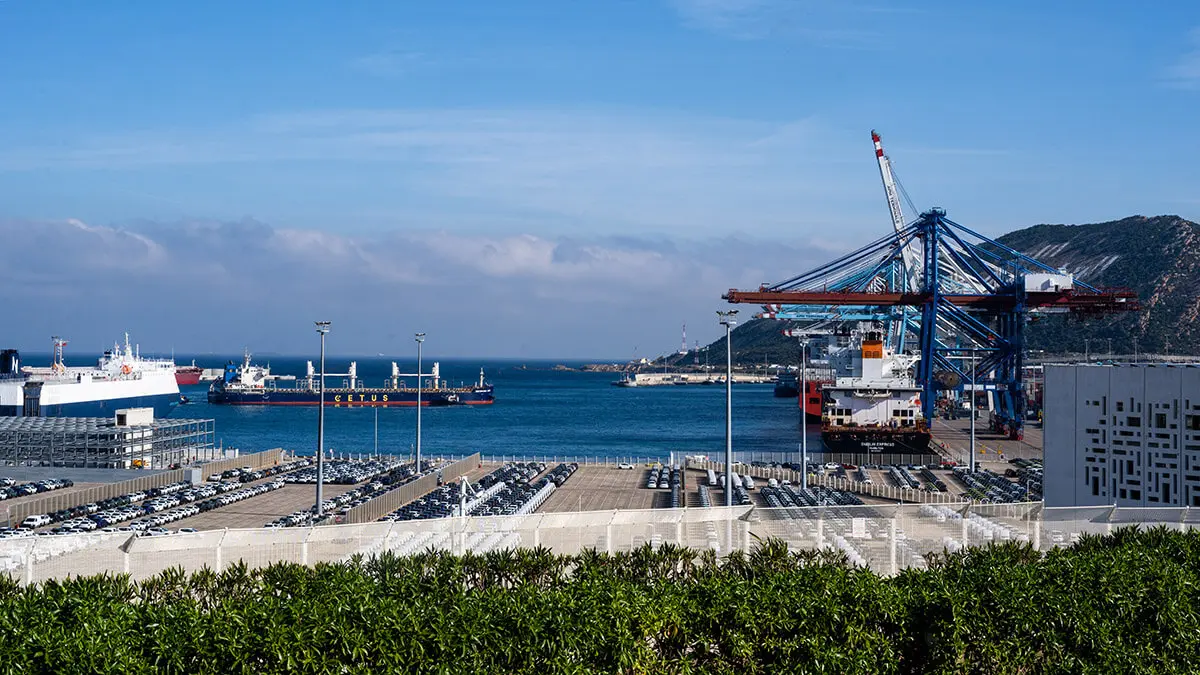
The impetus that Morocco is giving to diplomatic action at the economic level aims to preserve its strategic interests and the country's crucial role in the economic dynamics of the African continent.
With this goal in mind, Morocco is adapting to new competitive realities, developing its exportable offer to position the country not only at the future centre of Africa, but also as a relevant player on the international economic scene.
Centre of Africa
Morocco has great opportunities for international cooperation and plays a key role in contributing to the development of the African continent. Through the continuous activation and improvement of the role of economic diplomacy, the North African country has accumulated experience in trade negotiations, improving its strategic position in Africa and its visibility on the international stage.
According to the United Nations, Morocco has shown dynamism in defending Arab and African causes within the UN General Assembly. Thus, on the three occasions when the North African country has been a non-permanent member of the UN Security Council, Morocco has been the voice of Africa in the voting on several important resolutions concerning the situation in Mali, Burundi and the Central African Republic.
The development of economic diplomacy is turning Morocco into a true African hub, thanks to its numerous investments in future-oriented sectors such as infrastructure, telecommunications, agriculture, finance and energy. This was confirmed by the President of the African Union Commission, Ali Youssouf, in a speech read on his behalf during a reception hosted on 30 July in Addis Ababa by the Moroccan Embassy in Ethiopia and the Permanent Mission of the Kingdom to the African Union (AU) and the UN Economic Commission for Africa (ECA).
The AUC Chairperson highlighted the Moroccan business presence in many AU member states and praised its economic dynamism. Youssouf emphasised how Morocco's strategy in terms of diplomacy, geopolitics, economy and culture has made the country an attractive hub for investors.
Ali Youssouf also took the opportunity of the 26th anniversary of the accession to the throne of King Mohammed VI to express his deep gratitude to Morocco, praising its multifaceted contribution to the harmonious functioning of the African Union.
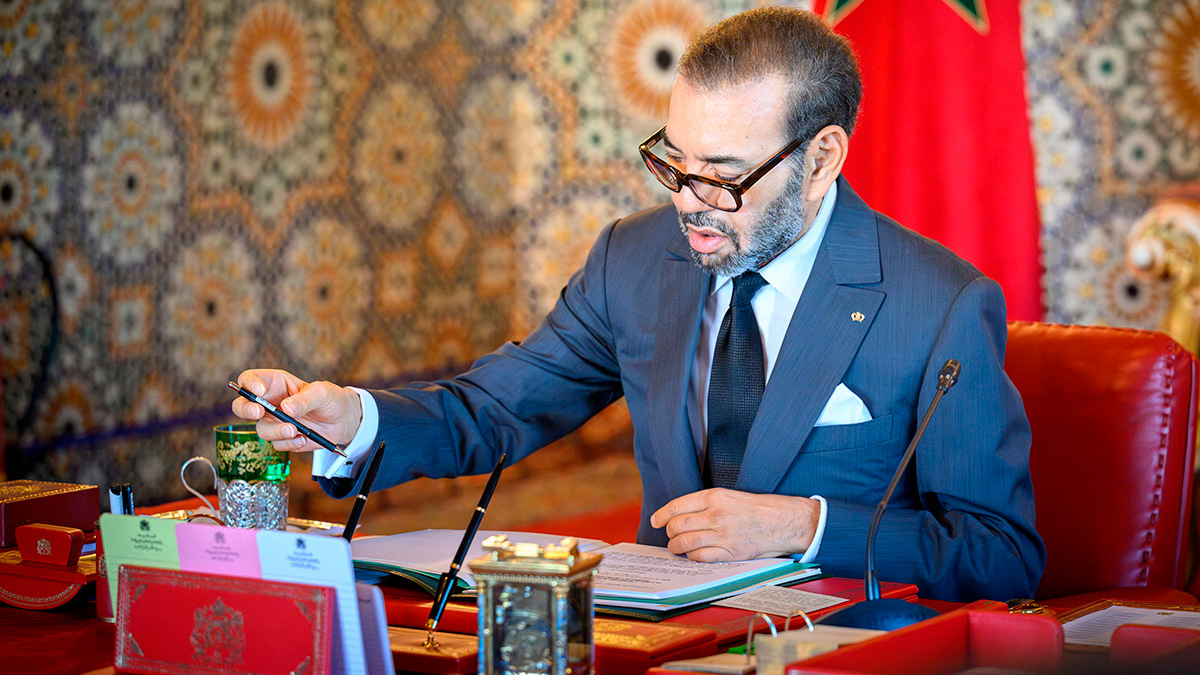
Economic diplomacy
Economic diplomacy is one of the cornerstones of Moroccan foreign policy. To this end, several measures have been taken this year, such as the creation of the Directorate General for Economic Diplomacy within the Ministry of Foreign Affairs and the appointment of economic attachés in most Moroccan embassies.
As part of the Moroccan government's foreign trade plan, economic diplomacy makes it possible to capitalise on Morocco's diplomatic network, which comprises nearly 110 embassies and 60 consulates. The aim is to leverage these advantages to promote Moroccan products and take advantage of the country's competitive strengths in the difficult circumstances facing the world today.
Morocco's network of relations around the world is very significant, especially in Africa, where it has signed more than 1,000 agreements with African countries since 2000.
With regard to agreements signed by Morocco with countries on other continents, the following are particularly noteworthy:
- Free Trade Agreement with Turkey (2003).
- Free Trade Agreement with Arab Mediterranean countries through the Agadir Declaration (2004).
- Agreement with the United Arab Emirates (2003).
- Free Trade Agreement pending signature with the countries of the West African Economic and Monetary Union (UEMOA) and the Central African Economic and Monetary Community (CEMAC).
- Free Trade Agreement with the United States (2005).
- Free Trade Agreement currently being negotiated with Canada.
- Association Agreement with the European Union (1996) and advanced status with the EU (2008).
In this regard, Morocco not only has bilateral agreements with the United Arab Emirates, Turkey, Egypt, Tunisia, the United States and Jordan, but also enjoys other multilateral agreements with Arab Mediterranean countries. Thanks to economic diplomacy, Morocco has signed nearly 7,500 international agreements, almost two-thirds of which were signed during the reign of Mohammed VI, according to data from the Moroccan Ministry of Foreign Affairs.
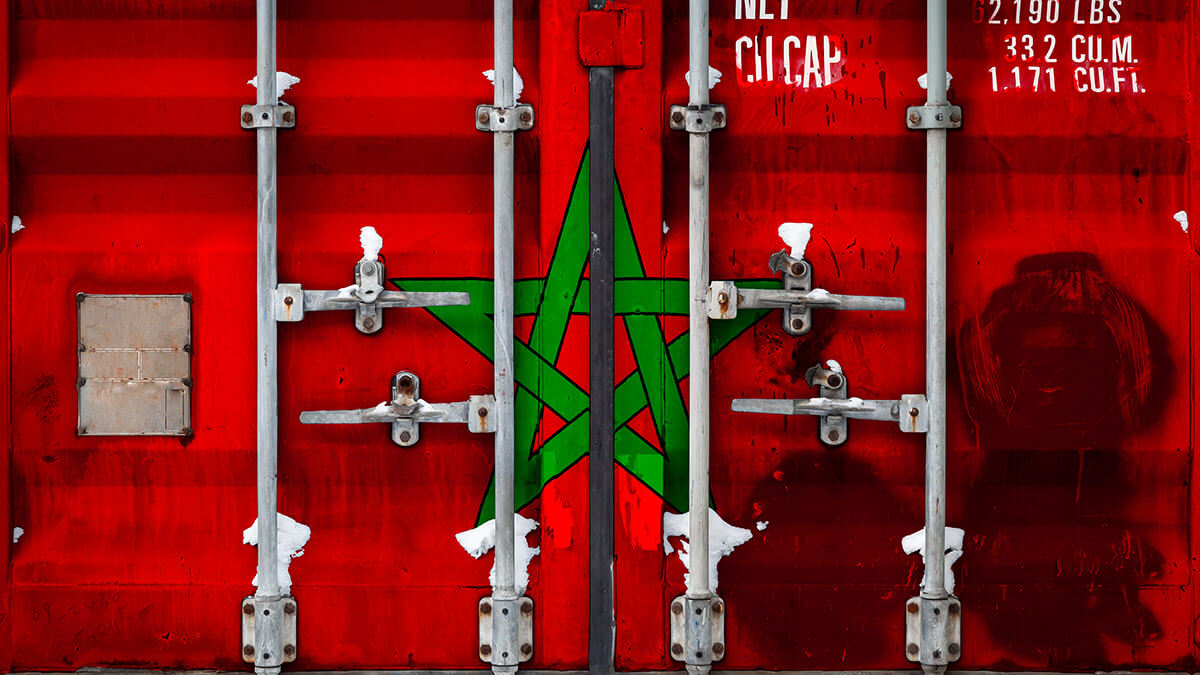
Foreign policy
Morocco's foreign policy, guided by the strategy of King Mohammed VI, gives priority to bold economic diplomacy capable of mobilising energies to develop partnerships, attract investment, promote the country's attractiveness, conquer new positions and intensify foreign exchanges.
Based on a new approach to the Kingdom's diplomatic action, the King's ambassadors are considered, as he stated in a speech delivered on 30 August 2013, to be soldiers who must deploy all their efforts in the service of their country's economic objectives.
On the occasion of the celebration of Moroccan National Diplomacy Day on 28 April 2000 in Rabat, the Moroccan sovereign stressed that Moroccan diplomacy must mobilise to capitalise on the new image of a democratic and modernist Morocco, an example of moderation and tolerance, which has been recognised by international public opinion.
The purpose of diplomatic work is to explore new areas of economic cooperation, deepen Morocco's strategic dimension with a view to making it a model partner in the context of a partnership based on solidarity, and to take full advantage of globalisation, integrate into the global economy and, above all, mitigate its negative effects on the country's development, giving new impetus to its foreign relations.
Morocco's international relations fall within the framework of three distinct geostrategic areas:
- A proximity area representing Morocco's neighbourly relations with Algeria, Spain and Mauritania.
- A complex area comprising the areas to which Morocco belongs culturally: the Arab-Muslim world, Africa and the Euro-Mediterranean region.
- A global space, with the planet as the new scale of globalisation.
In parallel with these three spaces, Moroccan diplomatic action is based on three key principles: neighbourhood, solidarity and partnership within the framework of three global approaches of a geopolitical, geo-economic and geo-cultural nature.
Reflection and action in the field of diplomacy, in its various spheres, including the economic sphere, aim to defend Morocco's interests abroad in a comprehensive manner, consolidate the country's traditional ties, establish strategic partnerships and involve the country in new global issues.
However, the main objective of Morocco's diplomacy and foreign policy remains the resolution of the Western Sahara conflict through a realistic and credible autonomy plan. With determination, pragmatism, realism, moderation, foresight, firmness, a participatory approach, strategic vision and diversification, Morocco is increasingly strengthening its new mode of operation on the international stage.

